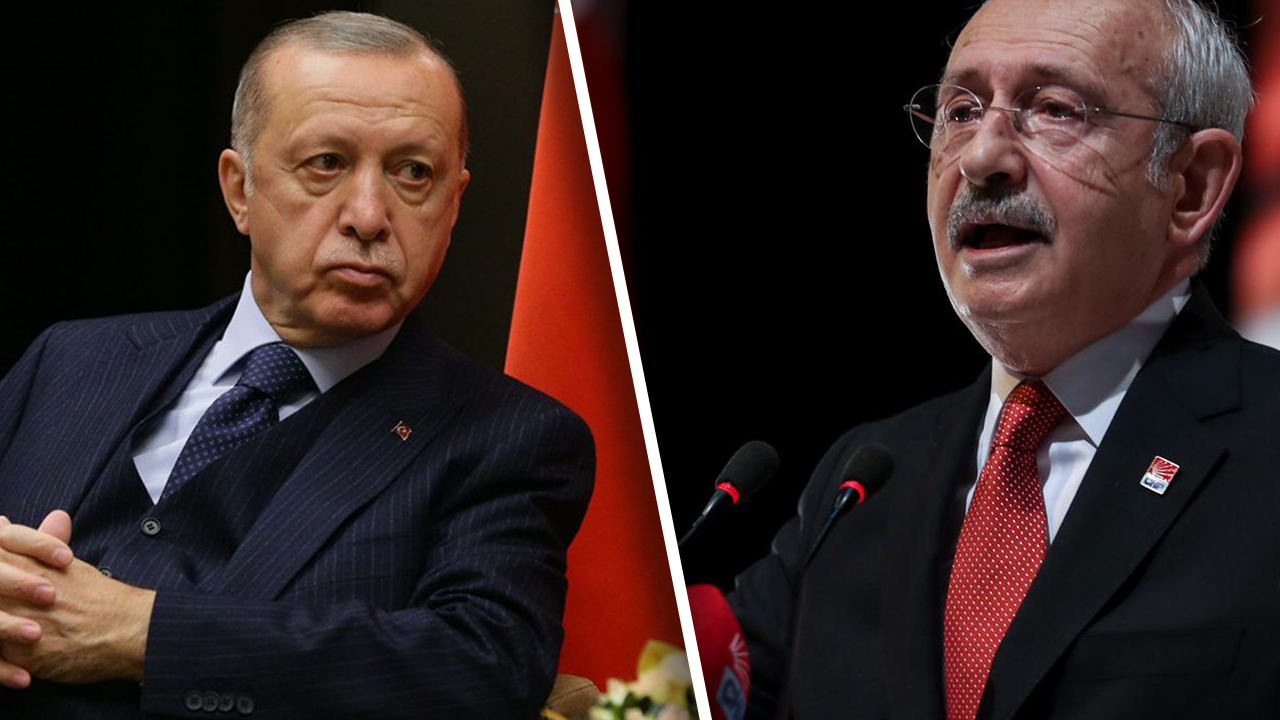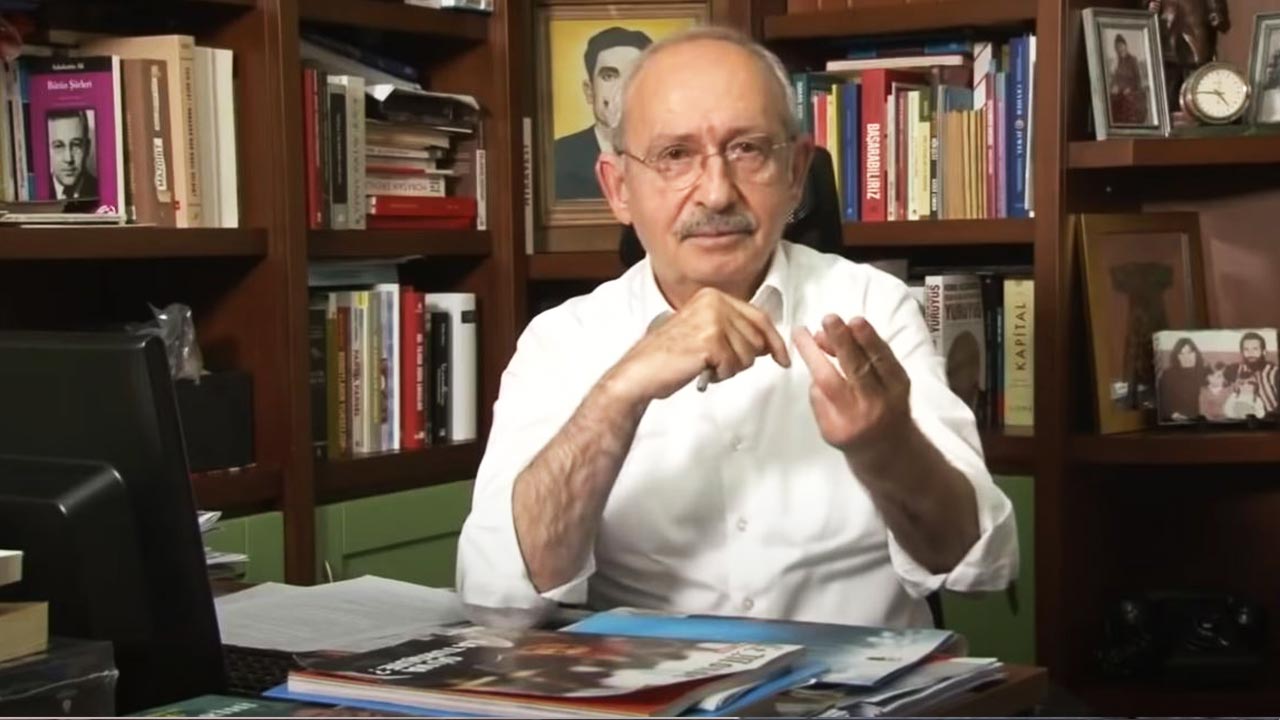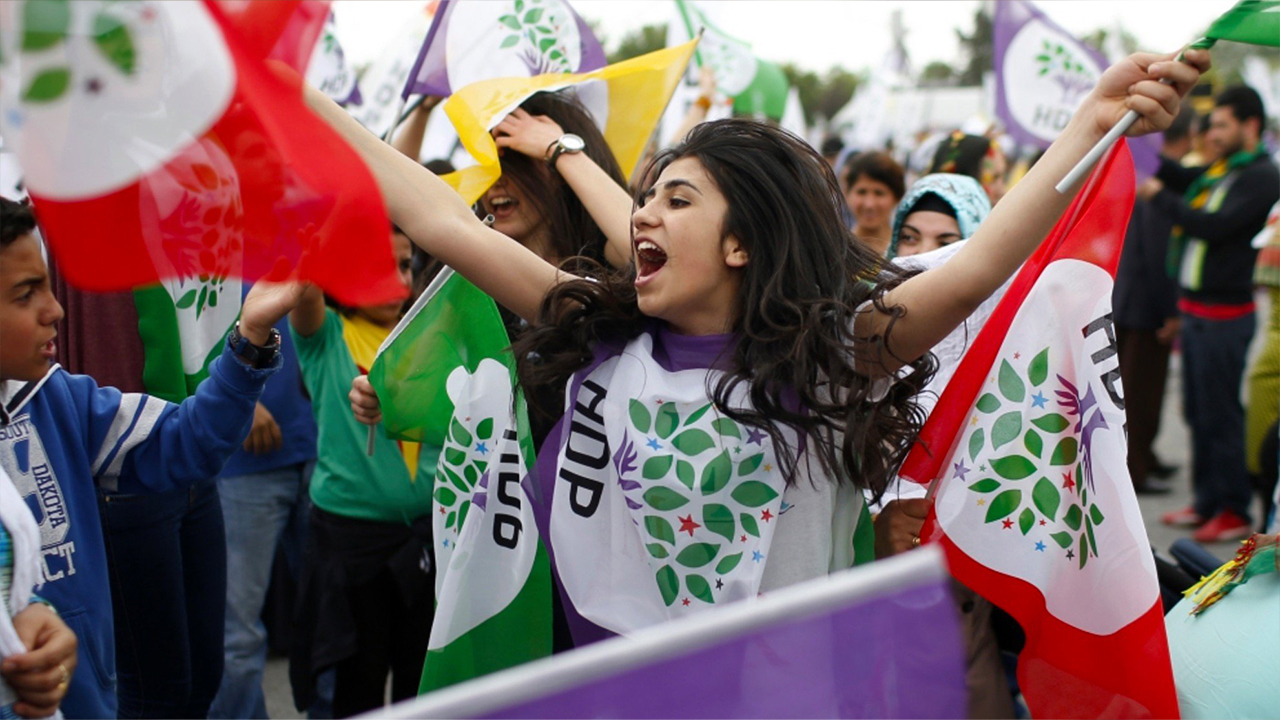Matt Broomfield
To those who primarily follow Turkish politics through the prism of the Kurdish issue, Kemal Kılıçdaroğlu’s name may not be that familiar. But as Kılıçdaroğlu has now been nominated the official candidate of Turkey’s main opposition bloc, and will likely go head-to-head with Turkish President Recep Tayyip Erdoğan in epochal upcoming elections, it is worth reminding ourselves who Kılıçdaroğlu is, what his Republican People’s Party (CHP) stands for, what electoral collaboration between CHP and the Kurdish-led opposition might look like in practice – and whether it would result in concrete benefits for the country’s most marginalized citizens.

First, a quick sketch of the political situation in Turkey ahead of the elections – mooted to be held in May, though Erdoğan may use the crisis following the deadly earthquake which has claimed 45,000 lives in Turkey alone to push the date back. Little wonder, since he faces his most serious electoral challenge since sweeping to high office in 2002 – partially on the back of broken promises to learn the lessons of another catastrophic earthquake which struck Turkey in 1999.
The largest bloc opposing Erdoğan in the 2023 elections is the six-party Nation Alliance led by Kiliçdaroğlu’s CHP. Their stated aims are to restore Turkey’s embattled parliamentary democracy, which has begun functioning as an authoritarian presidential regime under Erdoğan; tackle the economic crisis partially driven by the financial mismanagement of the incumbent premier’s Justice and Development Party (AKP), leading to runaway inflation; and restore both judicial independence and freedom of expression.
All are certainly laudable aims. But breathy descriptions heard in some quarters presenting Kiliçdaroğlu as ‘Turkey’s Obama’, or even leading a parliamentary revolution, are certainly overstated. If such comparisons are accurate, it is because Kılıçdaroğlu potentially stands to benefit from progressive rhetoric and public will for change without offering genuine emancipation and transformation to voters in Turkey – particularly the Kurds, and their embattled movement for democracy and genuine political representation.

For if Kılıçdaroğlu is to unseat Erdoğan, he will likely lead the millions of votes represented by Turkey’s pro-Kurdish, pro-minority People’s Democratic Party (HDP). Back in 2019, the HDP – which was at that time in electoral alliance with the CHP – used its influence to secure crucial mayoral seats in Istanbul and Ankara for the CHP, in a major electoral blow to Erdoğan. The HDP now leads its own opposition bloc, and in its own right remains the third-largest party in Turkey’s parliament.
This is despite extraordinary, concerted efforts to ban the HDP outright. 11 HDP MPs have been jailed, 60 of its 65 elected mayors have been deposed and replaced by AKP-appointed mandarins, while no less than 40% of rank-and-file members have faced criminal investigation. Now, the party is at the culmination of legal efforts to ban it outright, via a globally-condemned court case which marks just the latest effort to ban the pro-Kurdish parliamentary opposition in Turkey.
If they are not banned, the HDP will play a kingmaker role in the elections. And regardless, as HDP spokesperson Hişyar Özsoy told me last year after addressing the Labour Party Conference in the UK, the party stands ready to immediately mobilize its six million voters behind a new political body. This is far from the first time the Turkish judicial system has been used to crush legal Kurdish political parties, after all.

As such, it might be expected that the HDP’s tentative announcement that it may be willing to back Kılıçdaroğlu subject to ‘clear, open talks’ on shared ‘fundamental principles’ to be heralded with jubilation by the CHP-led bloc. HDP’s endorsement would almost certainly open the path to Kılıçdaroğlu’s election. But in actuality, the second-largest party within the CHP alliance immediately made it clear they would not countenance HDP ever joining the alliance or gaining ministerial representation – while CHP officials also poured cold water on the proposal, warning their base would react negatively to allying with the HDP.
Albeit that Kılıçdaroğlu is a member of the Alevi religious minority comes from Kurdish minority stock (his family speaks the Kurdish Zazaki dialect), it would be a mistake to think either he or HDP represent any kind of salvation for the Kurds within and without Turkey’s borders. Kılıçdaroğlu has made pragmatic overtures to the HDP, but also displayed the hand insignia of the ultra-nationalist, hard-right Grey Wolves in a sop to the millions of Turkish voters who loathe any move toward recognition of minority rights.
More broadly, the CHP represents the Kemalist tradition dating back to the Turkish Republic’s foundation, standing for a more or less authoritarian, centrally-controlled Turkish nationalism on the basis of a unitary national identity which is anathema to the Kurdish movement’s calls for decentralization and pluralism. Notably, the CHP has backed Erdoğan’s deadly cross-border military operations against the democratic, Kurdish-led polity in North and East Syria, which have killed hundreds and displaced hundreds of thousands of civilians, while also demanding the forcible repatriation of Syrian refugees – a move which would only cement Turkey’s policy of ethnic cleansing and demographic change in northern Syria.
Certainly, there are democratic elements and progressive reforms within the CHP’s mooted program which would be a boon to the Kurdish movement, and a tactical alliance with the larger opposition bloc might well take place. But even were HDP to survive the closure case, and Kılıçdaroğlu elected, Turkey would only be taking the first step on a long path towards a truly just and democratic settlement for all of its citizens.
Matt Broomfield is a freelance journalist, poet and activist. He writes for VICE, Medya News, the New Statesman and the New Arab; his prose has been published by The Mays, Anti-Heroin Chic and Plenitude; and his poetry by the National Poetry Society, the Independent, and Bare Fiction. His work was displayed across London by Poetry on the Underground, and he is a Foyle Young Poet of the Year.










